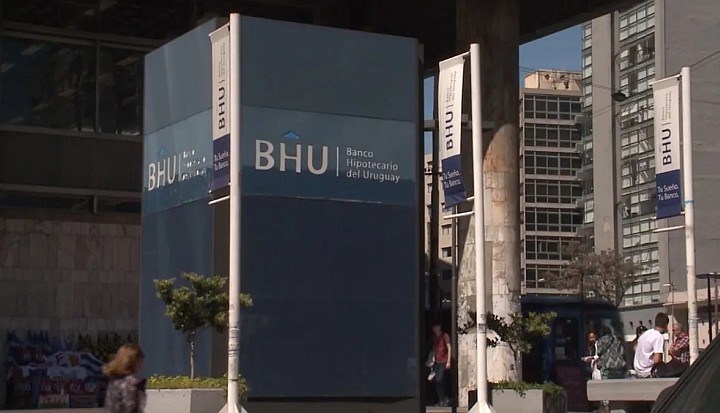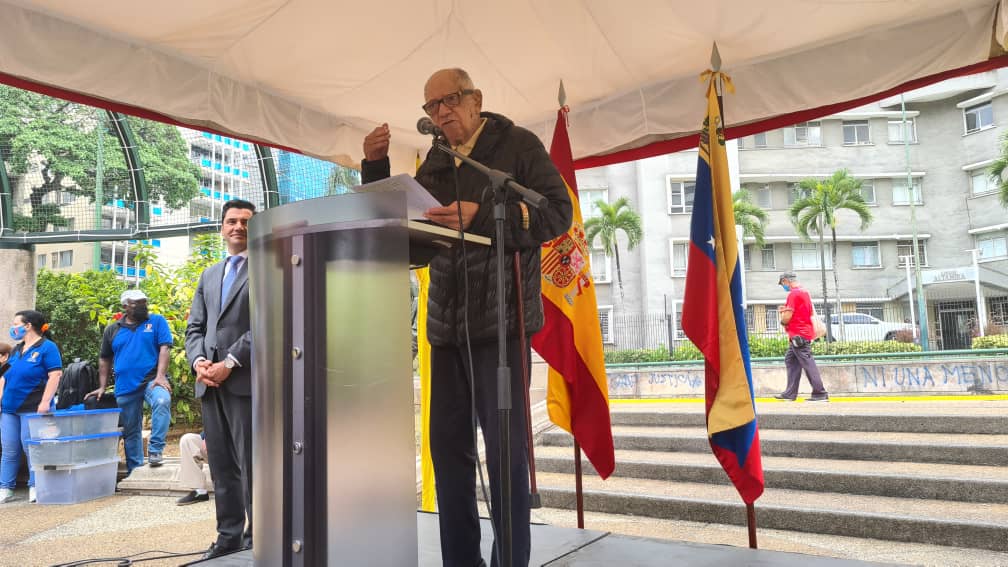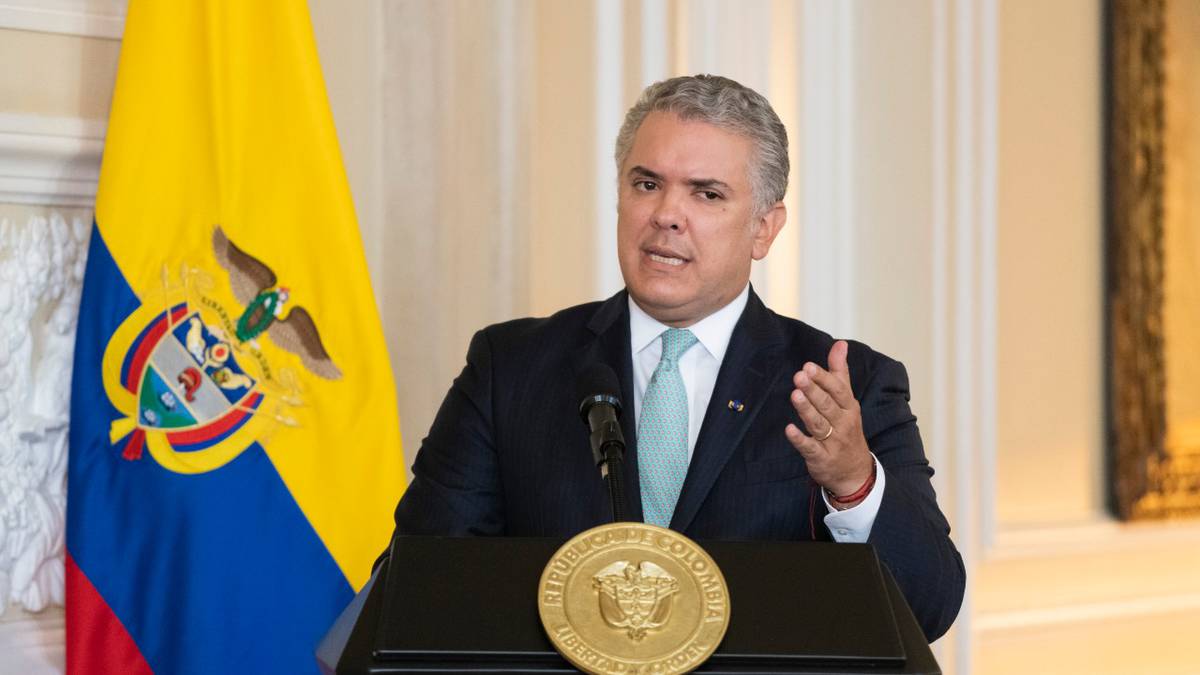The senators of National Party Carlos Camy and Sergio Botana presented a bill before Parliament that seeks to regularize the situation of the debtors of the Mortgage Bank of Uruguay (BHU).
In a statement written by the legislators, they indicated that the objective of the proposal is “to solve the problem in which the debtors in Readjustable Units (UR) of the Mortgage Bank of Uruguay (BHU) and the National Housing Agency (ANV)”, something that affects “about 20 thousand Uruguayan families, many of them in a desperate situation in which they do not see an end to their debt”.
This proposal provides “a solution that aims to be fair and responsible with past, present and future debtors,” he says.
the articulated
In general terms, the initiative proposes that debtors reflected in UR who have payments over 170 can request that it be frozen. Likewise, they can request that the total amount of the balance owed in pesos be changed, including the principal, interest and “colgamentos”.
Likewise, those who take advantage of the previously explained alternative will maintain the original payment plan in UR, but the new installments will be deducted from the debt in pesos.
The law provides that the debt is extinguished when the debtor pays the entire amount frozen in weight. It will also be canceled when there is an amount to be integrated but there are 120 installments paid without delay since the conversion of the debt.
Article 3, of the four that the law has, limits the fee to 30% of family income. In the event that these change, the debtor must verify that the installment exceeds the limit and request a change of payment plan.
The last article defines what is meant by delay or not, so that the benefits are maintained.
The increase of the UR by the UI
In the explanatory memorandum of the document, Camy and Botana emphasize the increase in the UR above the Indexed Unit (UI). “If we take 2007 as a base, when the ANV was created, the difference is 50%.”
“It is worth saying that 75% of those who make up the debtors’ movement are older people and that they paid three or four times for their home,” they maintain.







